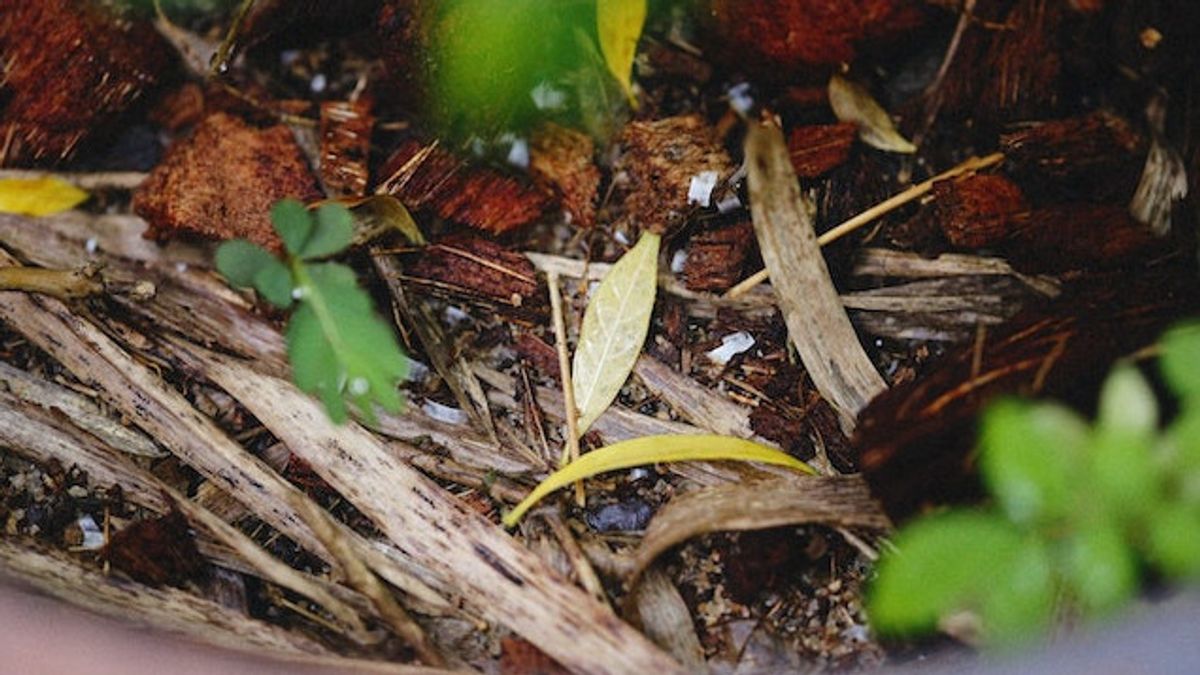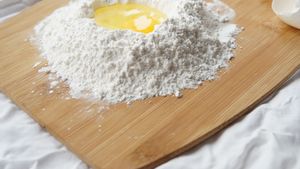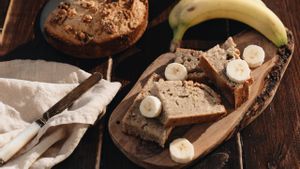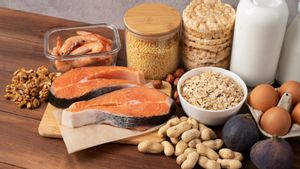JAKARTA - Composting is the simplest way you can do to support a go green lifestyle and make a positive impact on the environment. You just need to put food scraps and kitchen waste in the composting bin, instead of just throwing it in the trash. To get started with this process, there are a number of things you can do. The following are tips for starting to make compost, reported by Taste of Home, Friday, March 3.
Find the right compost technique
Before turning potato skins and fruit and vegetable scraps into compost, try to pay attention to the conditions around the house. If you have a small house or a narrow yard, choose a compost bin that is also small so it doesn't waste space. If your house is large with a large yard and you want to focus on making compost. Then consider making your own multi-stage compost.
Ideally, a compost system should be divided into two parts, one for active compost (which is added regularly) and one for ready-to-use compost. Once you have decided on the right composting technique, then you are ready to move on to the next stage.
Know what makes good compost and what doesn't
Once that's ready, you need to know exactly what kinds of materials are and are not for composting. There are various biodegradable wastes that cannot be composted at home for reasons of health, hygiene, and biodegradability. These items include red meat and meat waste, bones, fish meat and bones, oil or fat, human or domestic waste (except herbivore animal waste such as rabbits and horses),
Meanwhile, the best kitchen waste to put in the compost pile is fruit and vegetable scraps because they break down easily and, unlike animal products, do not attract mice and insects.
Feel free to put coffee grounds and tea bags in the compost too. You may also need to add dry leaves or grass clippings to balance the compost mixture.
VOIR éGALEMENT:
Cut the compost materials
In the case of compost, all materials will eventually break down. However, if you want this material to turn into compost more quickly, it's best to cut the material into smaller pieces, under four inches. So if you have some rotten apples, just cut them into quarters before throwing them away.
Stir regularly
If left alone, the compost heap will turn into a heap of smelly garbage. In order for the compost to work, be sure to mix it diligently. If you have a composter in a small container, just stir it a few times a week. If you have a larger pile in your yard, use a pitchfork to mix it well. More airflow in the compost means the materials spoil more quickly.
Recognize which insects are good and which are not
In terms of compost, the appearance of worms is a sign of good compost because they help speed up the decomposition process. Pill bugs (or potato bugs) are also compost dwellers.
But if there are swarms of flies or lots of beetles, you may need to adjust your compost material. These critters aren't necessarily bad for compost, but they do help with decomposition. Consider adding more dry matter such as old leaves or newspaper scraps to your compost.
Know when compost is ready to use
To know when the compost is really working and ready to use, you will need to buy a compost thermometer. This tool looks like a meat thermometer. Compost that decomposes actively can reach temperatures of up to 71 degrees Celsius. Eventually, the pile will cool down indicating that you have reached the right level of compost for use in your garden, usually around 20 degrees celsius or so.
No need to worry if your composting process feels long. Remember, because this is organic material, everything will spoil in time. Whether it takes you three months or a whole year, the compost yield will be worth it.
The English, Chinese, Japanese, Arabic, and French versions are automatically generated by the AI. So there may still be inaccuracies in translating, please always see Indonesian as our main language. (system supported by DigitalSiber.id)













